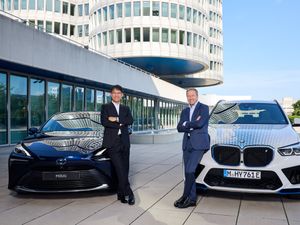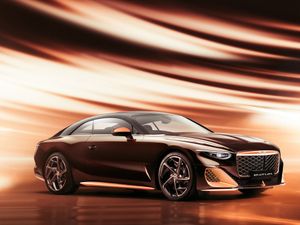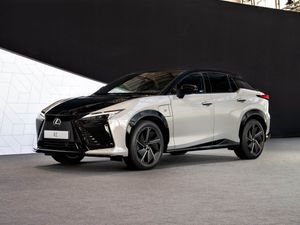BMW and Toyota bring partnership closer as German brand looks to release first production hydrogen car in 2028
Pair are ‘promoting hydrogen infrastructure development’ as well.

BMW and Toyota have furthered their collaboration as the German manufacturer announces plans to introduce its first series-production hydrogen vehicle in 2028.
The pair – which entered an agreement to pool resources to develop hydrogen fuel cell technology, among other innovations – are aiming to bring a ‘new generation’ of hydrogen fuel cells to the road.
BMW and Toyota will jointly develop the hydrogen powertrain, meaning that cars from both brands will be able to utilise the new fuel cell setup. However, ‘customers can expect the BMW and Toyota Fuel Cell Electric Vehicle models to maintain their distinctive brand identities and characteristics’, meaning that they’ll still be quite different from one another despite being powered by the same basic setup.
Oliver Zipse, chairman of the board of management of BMW, said: “This is a milestone in automotive history: the first-ever series production fuel cell vehicle to be offered by a global premium manufacturer. Powered by hydrogen and driven by the spirit of our cooperation, it will underscore how technological progress is shaping future mobility,”
“And it will herald an era of significant demand for fuel cell electric vehicles.”

BMW has stated that the new model – which is slated to arrive in 2028 – will be ‘integrated into BMW’s existing portfolio’. It means that it’ll be a hydrogen-powered version of an existing model, rather than a completely new car for the brand.
Koji Sato, president and member of the board of management (Representative Director) Toyota Motor Corporation, said: “We are pleased that the collaboration between BMW and Toyota has entered a new stage. In our long history of partnership, we have confirmed that BMW and Toyota share the same passion for cars and belief in ‘technology openness’ and a ‘multi-pathway’ approach to carbon neutrality.
“Based on these shared values, we will deepen our collaboration in efforts such as the joint development of next-generation fuel cell systems and the expansion of infrastructure, aiming for the realization of a hydrogen society.”





